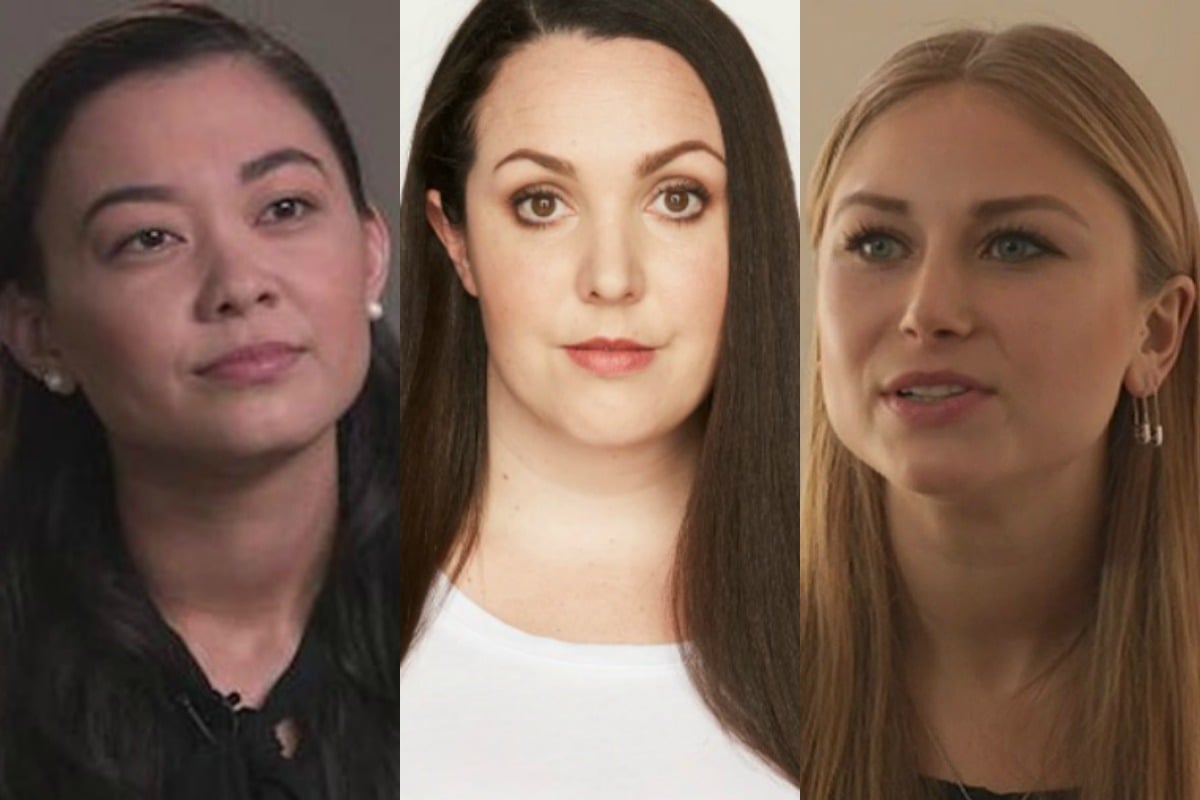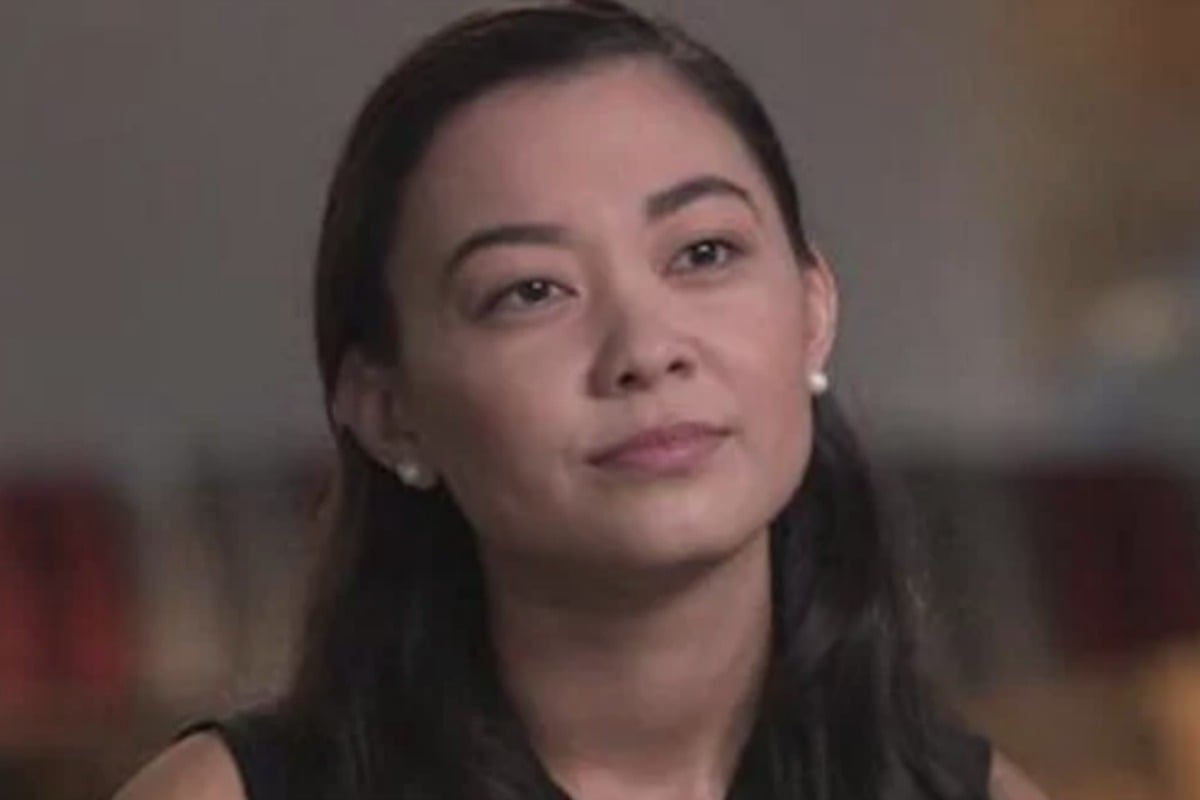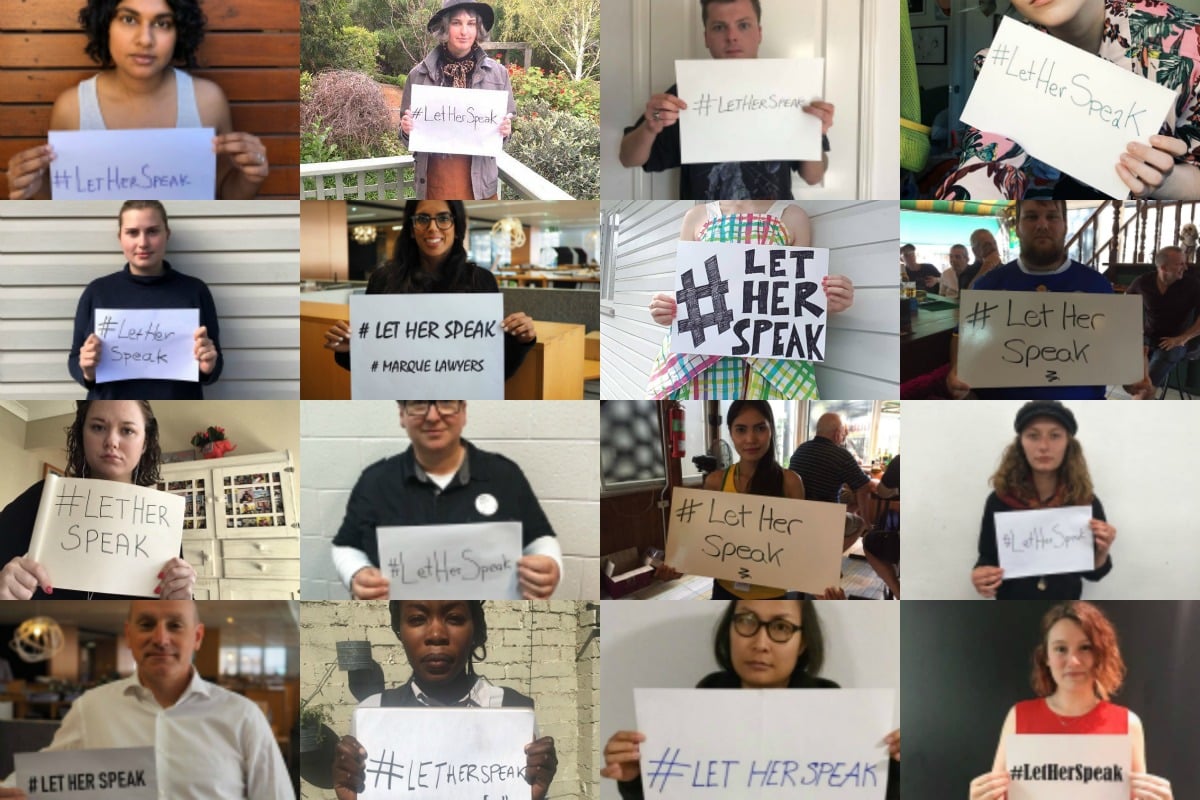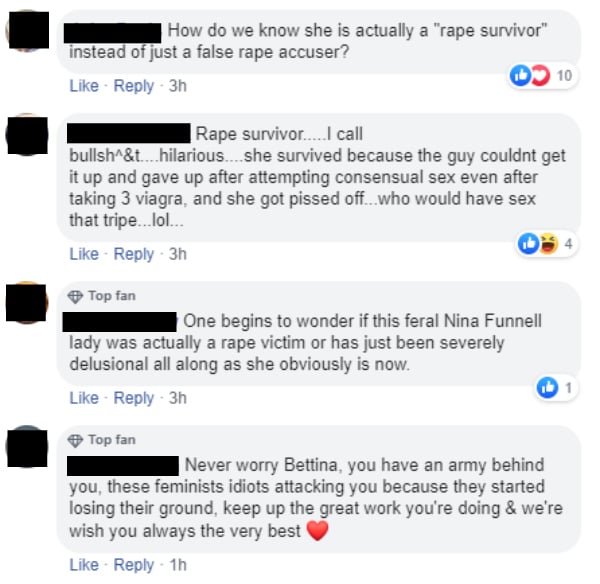
Warning: This post is about sexual assault and may cause distress for some readers.
Time and time again we see it. You can simply click on any article, or scroll through Twitter or Facebook comments to witness it first hand.
For journalist and anti-sexual assault advocate Nina Funnell, it is still happening years after the fact.
There are still people commenting – yes, from their personal social media accounts with their real names – that she “isn’t worthy of being raped” or “a guy would need three viagra to rape [her]”.
Mamamia’s daily news podcast The Quicky explores why taking control of the narrative is so important for many survivors of sexual assault. Post continues below audio.
Of course, these comments are disgusting. They’re indicative of a culture that misunderstands, mocks and condones sexual violence and puts the shame and blame on women, if it even believes them at all.
When a survivor comes forward with their story of sexual assault – already a difficult, nerve-racking decision for many – they open themselves up to the very worst public scrutiny and abuse, as Funnell explained to Mamamia.
“In the context of the #MeToo movement, there has been a backlash where members of the public accuse whistle blowers of seeking attention and they rarely understand the actual price of going public,” she said.
“When somebody does make the decision to become a whistleblower, there’s no magic truck that turns up with a bucket load of cash and it often costs the person tremendously to speak out about their experience.”





Top Comments
What is wrong with people? Those comments are disgraceful.
Bettina Arndt is vile. People who make those types of comments really shouldn't be given the privilege of anonymity.